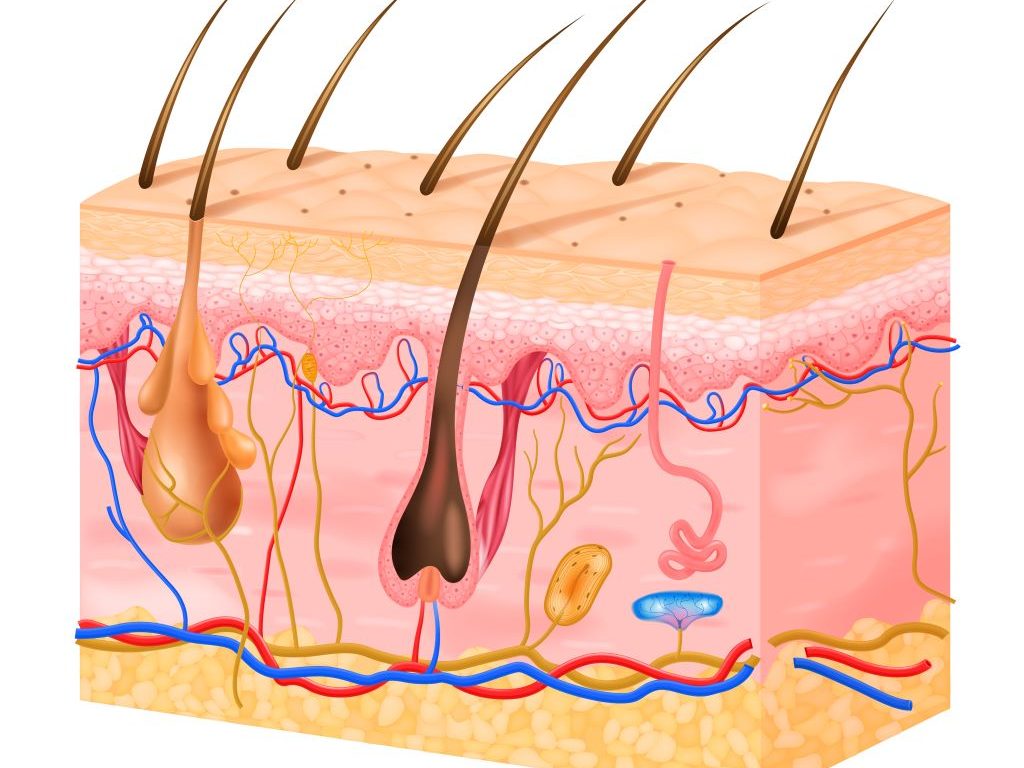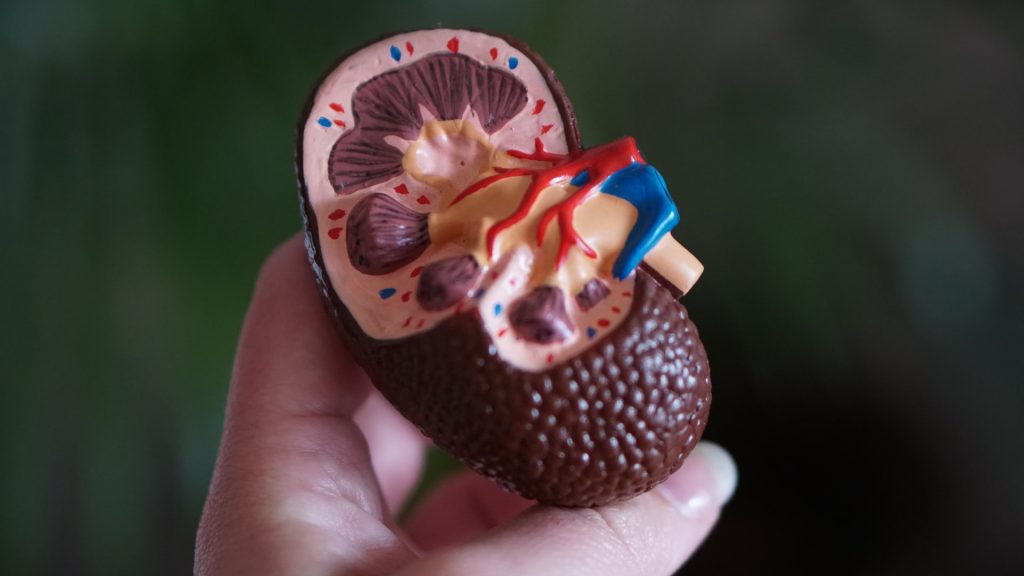Omega-3s can Slow Down the Aging Process – Slightly

Previous clinical studies have shown that a reduced calorie intake can slow down the aging process in humans. Taking vitamin D or omega-3 fatty acids has also shown promising results in slowing biological aging in animals. However, it was unclear whether these measures would also work in humans.
The therapies previously tested in the DO-HEALTH study led by Heike Bischoff-Ferrari are also associated with a slowing of the aging process. These showed that vitamin D and omega-3 fatty acids, as well as regular physical activity, reduce the risk of infections and falls, and prevent cancer and premature frailty. “These results inspired us to measure the direct influence of these three therapies on the biological aging process in the Swiss DO-HEALTH participants,” says Bischoff-Ferrari, professor of geriatrics and geriatric medicine at the University of Zurich.
Measuring biological and chronological age
One scientific approach to making biological aging measurable is the use of epigenetic clocks. They record chemical modifications of the DNA molecule, known as methylation, and thus quantify the difference between biological and chronological aging. The DO-HEALTH study has now for the first time investigated how sensitively this molecular biological measurement method reacts to targeted treatment.
The team led by Heike Bischoff-Ferrari, in collaboration with Steve Horvath, senior researcher at Altos Labs Cambridge (UK), who developed the watches, investigated the effect of omega-3s and/or vitamin D and/or simple strength training on biological aging in 777 people over the age of 70. Eight different treatment combinations were tested during the three-year study: subjects took 2000 international units (IU) of vitamin D and/or 1 gram of omega-3 fatty acids (from algae) daily and/or performed 30 minutes of strength training at home three times a week.
Biological age slowed down
When the researchers analysed the blood samples, they found that taking omega-3 fatty acids slowed down biological aging across several epigenetic clocks by up to four months – regardless of subjects’ gender, age or body mass index. The combination of omega-3, vitamin D and strength training proved to be even more effective, according to one of the four epigenetic clocks used.
“This result extends our previous findings from the DO-HEALTH study, in which these three factors combined had the greatest impact on reducing the risk of cancer and preventing premature frailty over a three-year period, to slowing down the biological aging process,” says Bischoff-Ferrari. Each of these measures works through different mechanisms that complement each other and, when combined, result in a heightened overall effect, according to the study author.
DO-HEALTH as a validation platform
At the same time, the research team draws attention to the limitations of the study. “There is no generally accepted gold standard for measuring biological age,” Bischoff-Ferrari explains. “However, we analysed the best currently validated epigenetic clocks, which reflect the state of the art.” To further advance the clinical application of biological clocks, Bischoff-Ferrari, together with leading international researchers in the Global Health Span Extension Consortium, plans to use DO-HEALTH and other global intervention studies as a validation platform for novel biomarkers of aging.
The researchers also point out that the sample consists exclusively of Swiss participants but will extend the trial to more countries.
Source: University of Zurich




